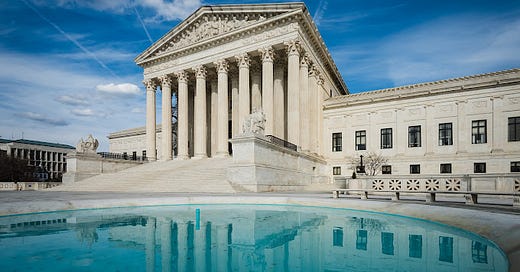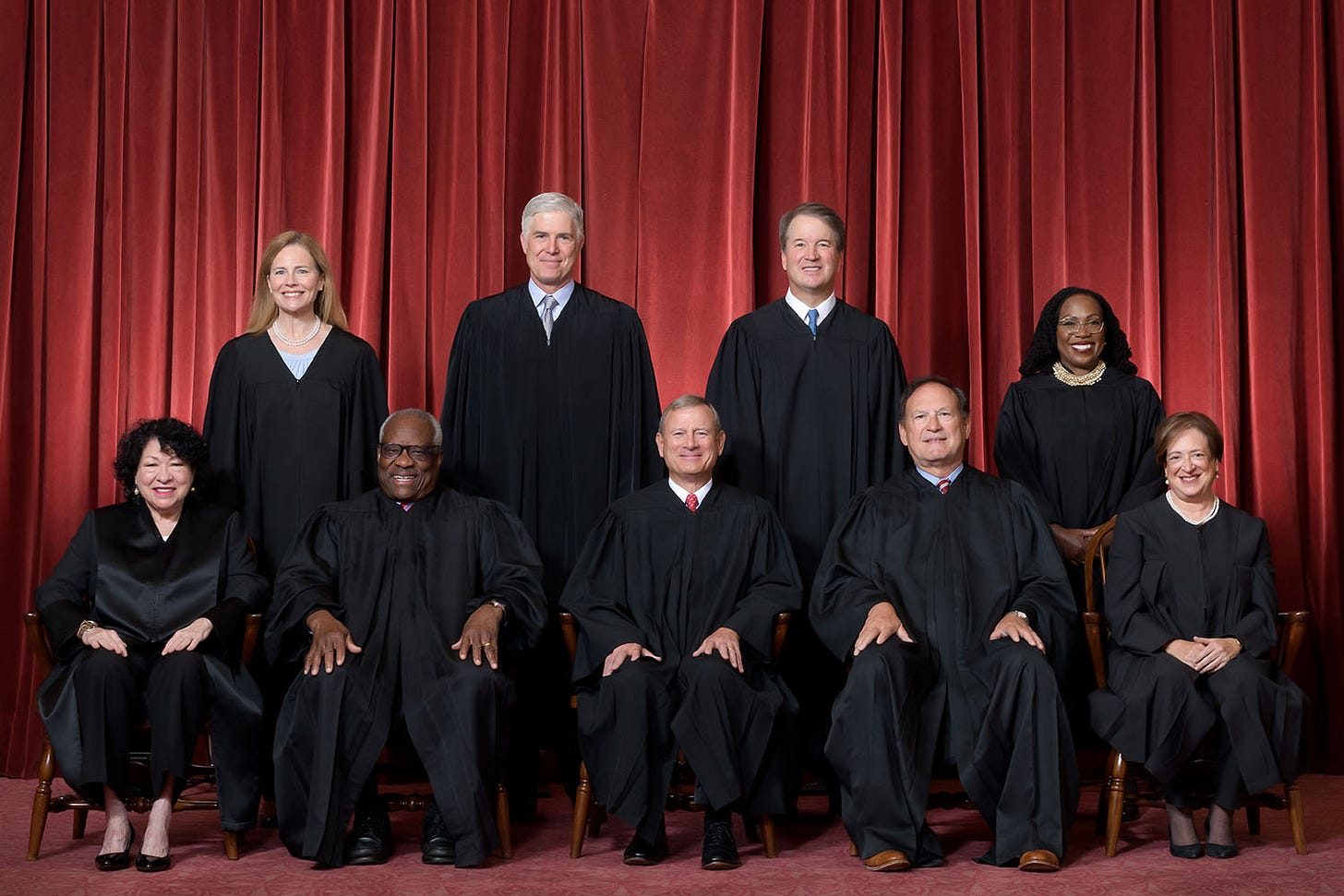Billionaires in USA: No Relief from likely from "Moore's Law"
US Supreme Court Hears Moore v. United States: Potential Implications for Taxation of Income and Wealth Taxes of the Uber-Rich.
US Billionaires and Moore's Law: A Taxation Twist
A Lighthearted Parallel in Taxation
Often, in a lighter vein, billionaires quip that if the Federal Government had its way, their tax liabilities would mirror Moore's Law – not the famous observation about the doubling of transistors on integrated circuits every two years, but rather a hypothetical scenario where their taxes would seemingly double just as frequently. This jest finds a touch of reality in the recent Supreme Court hearing on Moore v. United States.
The case, unfolding on December 5, offered a pivotal moment for the wealthy. Despite the Apex Court's conservative leaning, the Justices showed little appetite for radically altering the Federal Government's capacity to levy taxes based on “wealth”, in addition to “income”. Regarded by many as a potential bulwark against wealth taxes, the case was met with a significant degree of skepticism from the majority of the Justices.
Case Argument and Judicial Skepticism
Andrew Grossman, representing the Moores, argued for a circumscribing Congress's taxing authority, particularly targeting taxes on unrealized income from investments, which did not land in the hands of the taxpayers. However, the Apex Court, including Justices Kavanaugh and Barrett, appeared unconvinced by Grossman's reliance on outdated legal theories. Justice Kavanaugh even interrupted to pose a simple question to Solicitor General Elizabeth Prelogar, signaling his disagreement with Grossman's stance.
Searching for a Narrow Ruling
Although the Court showed little receptivity for Grossman's broad and a little far-fetched arguments, there was considerable discussion about reaching a narrow decision. This approach might provide a modicum of relief qua the specific tax in question while leaving room for future debates and adjudication on wealth taxes like those proposed by the Democrat Senator Elizabeth Warren.
Legal Complexity and Historical Context
Understanding Moore v. United States requires navigating complex tax accounting principles and historical legal interpretations. The core issue is whether Congress can tax investment income before it's "realized" or converted into actual profit through asset sale, real or notional, voluntary or involuntary, or otherwise.
Current Tax Code and Unrealized Income
The instant case challenges the 2017 Tax Cuts and Jobs Act's one-time tax on overseas corporate income, impacting the Moores' taxes, even if the disputed tax liability is a mere $14729. Justices Sonia Sotomayor and Elena Kagan highlighted the tax code's numerous provisions of taxing unrealized income, questioning Grossman's argument's validity.
Potential Narrow Decision
The Justices, particularly Thomas and Kavanaugh, appeared to be exploring ways to decide the case without impacting the tax code in a plenary manner. They discussed the possibility of considering income "realized" once a corporation earns it, even if not distributed to investors. Any other interpretation would provide US citizens, with “US Resident” status under the tax-code, a loophole to retain their earnings derived form overseas entities, incorporated in tax havens, without paying a dime in taxes in US.
Implications for Future Tax Legislation
Justice Kavanaugh emphasized Congress's role in determining tax policy and the consequential laws, suggesting that fears of extreme tax legislation are mitigated by lawmakers' desire for reelection. This stance indicates a potential ruling that maintains the status quo while leaving open the possibility of future challenges to wealth taxes.
Anticipating the Supreme Court's Decision
Implications for Congress's Taxing Powers and the Tax Code
While the detailed judgement from the U.S. Supreme Court in Moore v. United States is not expected until June 2024, the proceedings so far indicate a direction less drastic than some had apprehended. The Supreme Court, through the questions and discussions during the hearing, seems unlikely to severely restrict Congress's broad powers to tax "wealth," whether directly or indirectly. There appears to be a consensus among the Justices against passing a verdict that would invalidate a significant portion, such as one-third, of the Tax Code.
Possible Outcomes for Petitioners and Similar Cases
For the petitioners and others similarly situated, the most they might hope for is a partial reduction in the income liability under the specific law in question – the 2017 Tax Cuts and Jobs Act's one-time tax provision on foreign corporate income. Given that this law had a limited duration and scope, any relief granted by the Court is likely to be confined to this context. The broader implications on wealth taxation and the structure of the Tax Code, as a whole, seem to remain largely intact, adhering to the established legal and legislative framework.
Future Prospects: The Billionaire Tax and Fiscal Realities
The Path to Implementing the Billionaire Tax
In light of the Supreme Court's anticipated stance, the realization of the much-discussed Billionaire Tax hinges on a different set of political circumstances. Its implementation would require a scenario where Democrats control both houses of Congress, accompanied by a President committed to championing this specific tax reform. Until such a political alignment occurs, the proposal remains theoretical.
Continued Dependence on Monetary Policy
Meanwhile, the U.S. government's reliance on its ability to issue currency remains a straightforward method to meet both expected and unexpected financial obligations. Concurrently, the Federal Reserve is expected to continue adjusting interest rates as a primary tool for managing inflation. This dual approach of fiscal expansion and monetary control underscores a timeless adage: “the more things change, the more they stay the same.” In this context, it reflects the enduring nature of fundamental economic strategies amidst evolving tax policy debates






